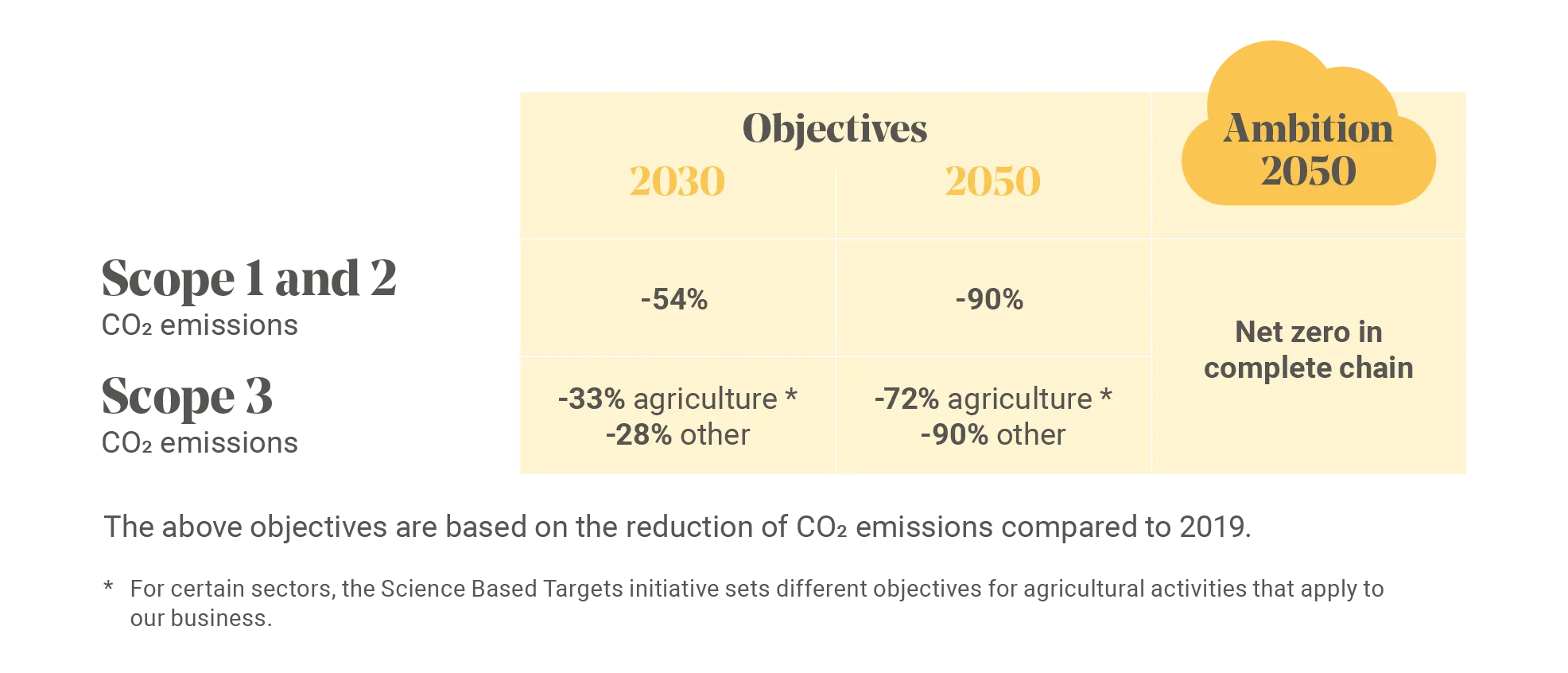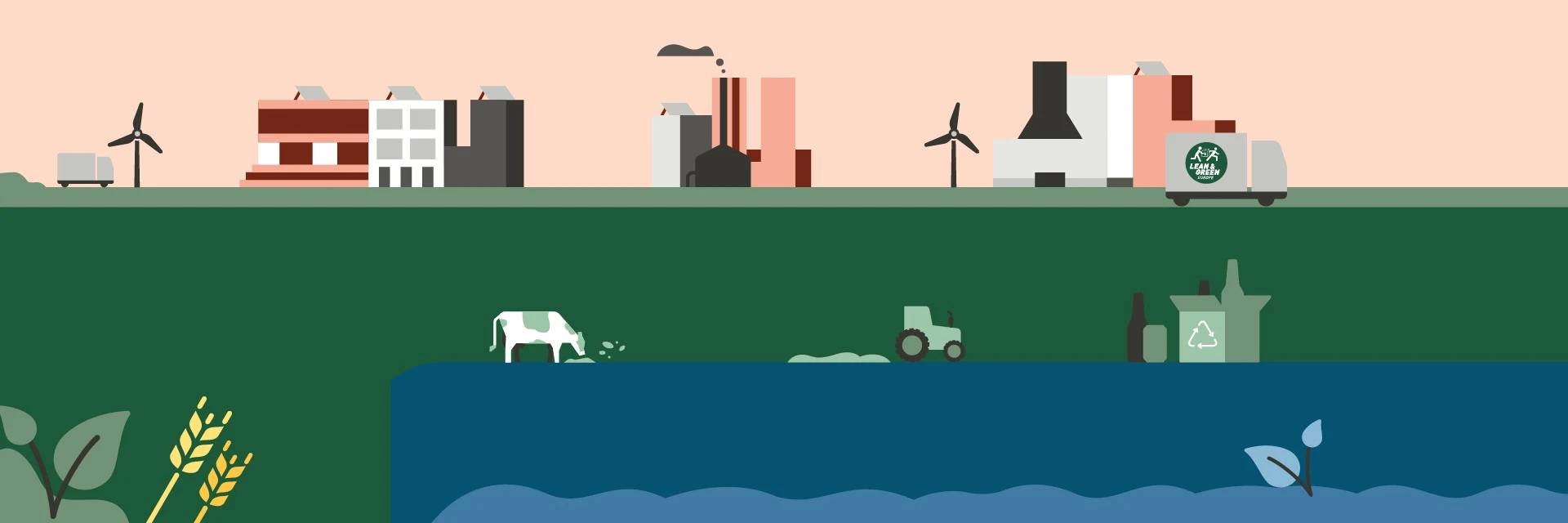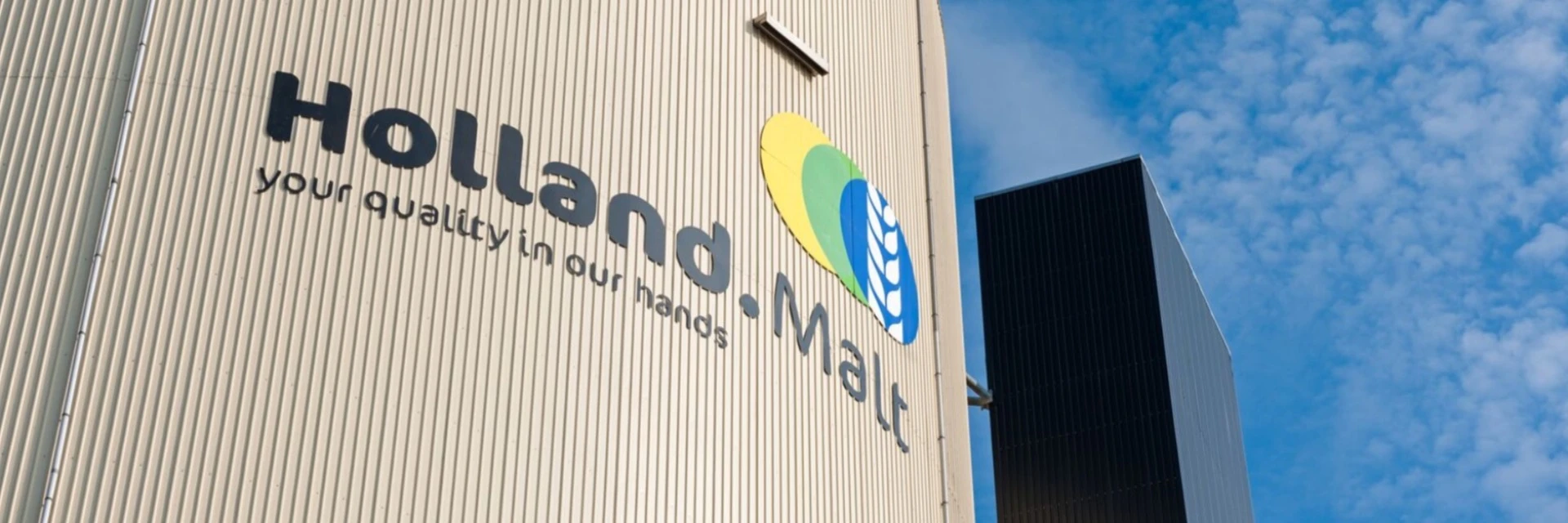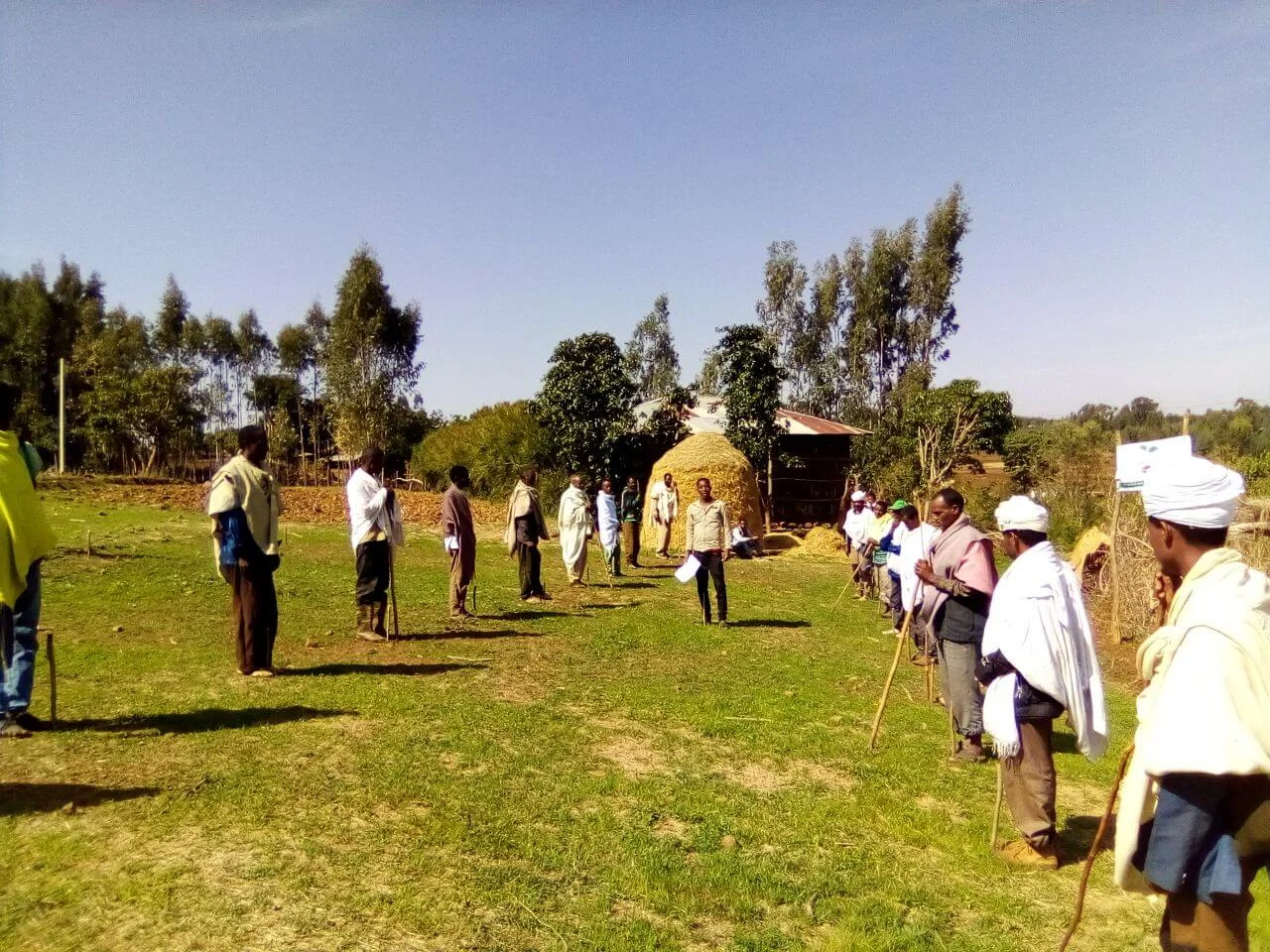Our climate
ambitions
Sustainability and consideration for the world around us are key to the way we do business. As brewers and maltsters, we depend on natural resources, so it is important that we take action to conserve these. That is why we are aiming to have ‘net zero’ operations by 2050.
Our climate ambitions
On our way to net zero
We are constantly investigating how we can minimize CO2 emissions within our production processes, for example by using green electricity and renewable energy sources. We are also making our transport more sustainable by using electrification and biodiesel. Besides that, we are working with the agricultural sector to reduce the CO2 footprint of our agricultural raw materials.
SBTi targets
Part of our climate ambition is our commitment to the Science Based Targets initiative (SBTi). This aims to help companies set science-based targets for reducing their greenhouse gas emissions.
The climate targets we set are in line with internationally agreed targets to limit global warming to a maximum of 1.5°C. Our targets below have been validated and approved by SBTi in 2024.

Projects
Our sustainability projects and progress
Infographic Circularity initiatives
As a family business, we don't think in years, but in generations. We understand better than anyone how important it is to pass on a more beautiful company and contribute to a greener world. That's why we focus on circular entrepreneurship: ensuring that we use as few raw materials as possible and that what we use retains as much value as possible.
Holland Malt opens world's first emission-free malthouse
Holland Malt, one of Royal Swinkels' operating companies, officially opened the world's first emission-free malthouse on March 14, 2024. With this step, the Eemshaven-based malthouse goes completely off gas. CEO Jos Jennissen and Groningen's Deputy for Climate, Energy, Water & Mobility, Johan Hamster, personally turned the handle, making the emission-free malthouse a reality. By completely turning off the gas tap, Holland Malt changes its gas consumption of 18 million m³ and about 33,000 tons CO₂ emissions to absolutely zero.
From surplus beer stocks to hand sanitizer for healthcare institutions
The beer stocks we collected from our entrepreneurs, originally intended for delivery to the hospitality sector, have been sustainably repurposed. The alcohol from this beer has been utilized to produce disinfecting hand sanitizer in compliance with the guidelines of the World Health Organization. We are now distributing this hand sanitizer free of charge to healthcare institutions that need it the most.


